On the morning of June 21, the National Assembly discussed the revised Land Law after receiving public comments.
Buy cheap and then convert it into land worth hundreds of times more
Expressing his opinion, delegate Tran Van Khai, Standing Member of the National Assembly's Committee on Science, Technology and Environment, said that one of the tasks set out in Resolution 18 of the 13th Central Committee on land is to "research and develop policies to regulate land rent differences, ensuring publicity and transparency".
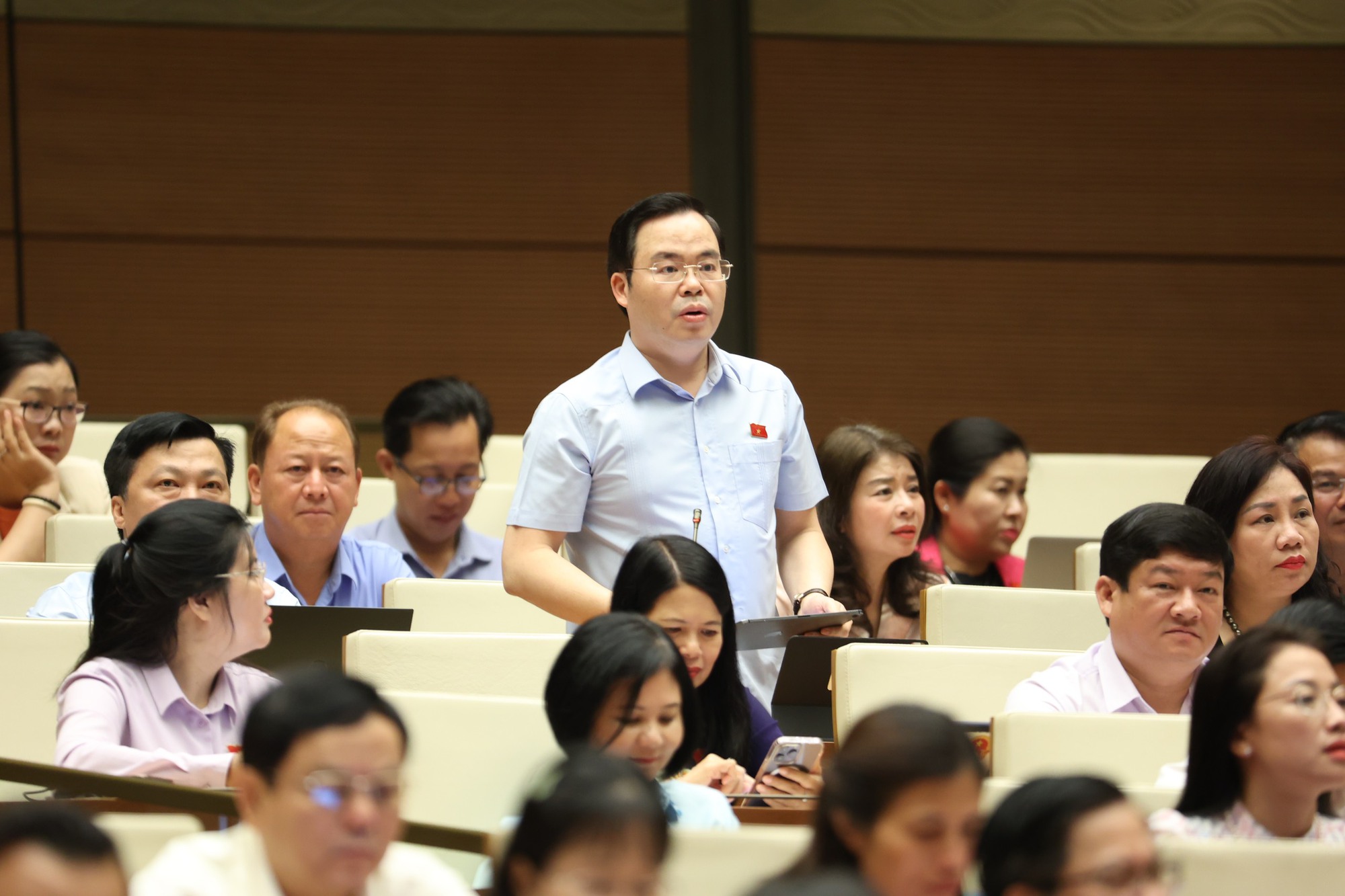
Delegate Tran Van Khai expressed his opinion in the discussion on the morning of June 21.
Mr. Khai acknowledged that in order to unleash potential, maximize the value of land resources, overcome corruption, negativity, land complaints, speculation and wasteful land use, it is necessary to deal with two very big issues: land rent and land price differences.
"Where does the land rent difference come from, where does it come from if not due to the effort and investment costs of the land users?", Mr. Khai said. According to him, the land rent difference is formed from the change of land use purpose from low-value land to higher-value land.
The Ha Nam delegate also cited the reality of agricultural land being bought up, compensated at low prices, and then converted into residential land and commercial and service land with prices dozens, even hundreds of times higher.
"The issue of handling land rent differences for people's land is hiding many social injustices. Land belongs to the entire people, people have sacrificed and contributed, transferred their land use rights and assets to the State, to investors to build and develop infrastructure and urban areas, contributing to the common development, so they must benefit from investment and urban development," Mr. Khai stated.
From that, Mr. Khai believes that the Land Law (amended) this time must eliminate injustice from benefits due to land rent differences, to avoid loss of land resources.
"Determining land prices close to market prices is still vague"
To achieve this goal, Mr. Khai said that it is necessary to develop a land finance policy, a method for determining land prices and ensuring the harmony of interests in exploiting land rent differences between the State, investors and people.
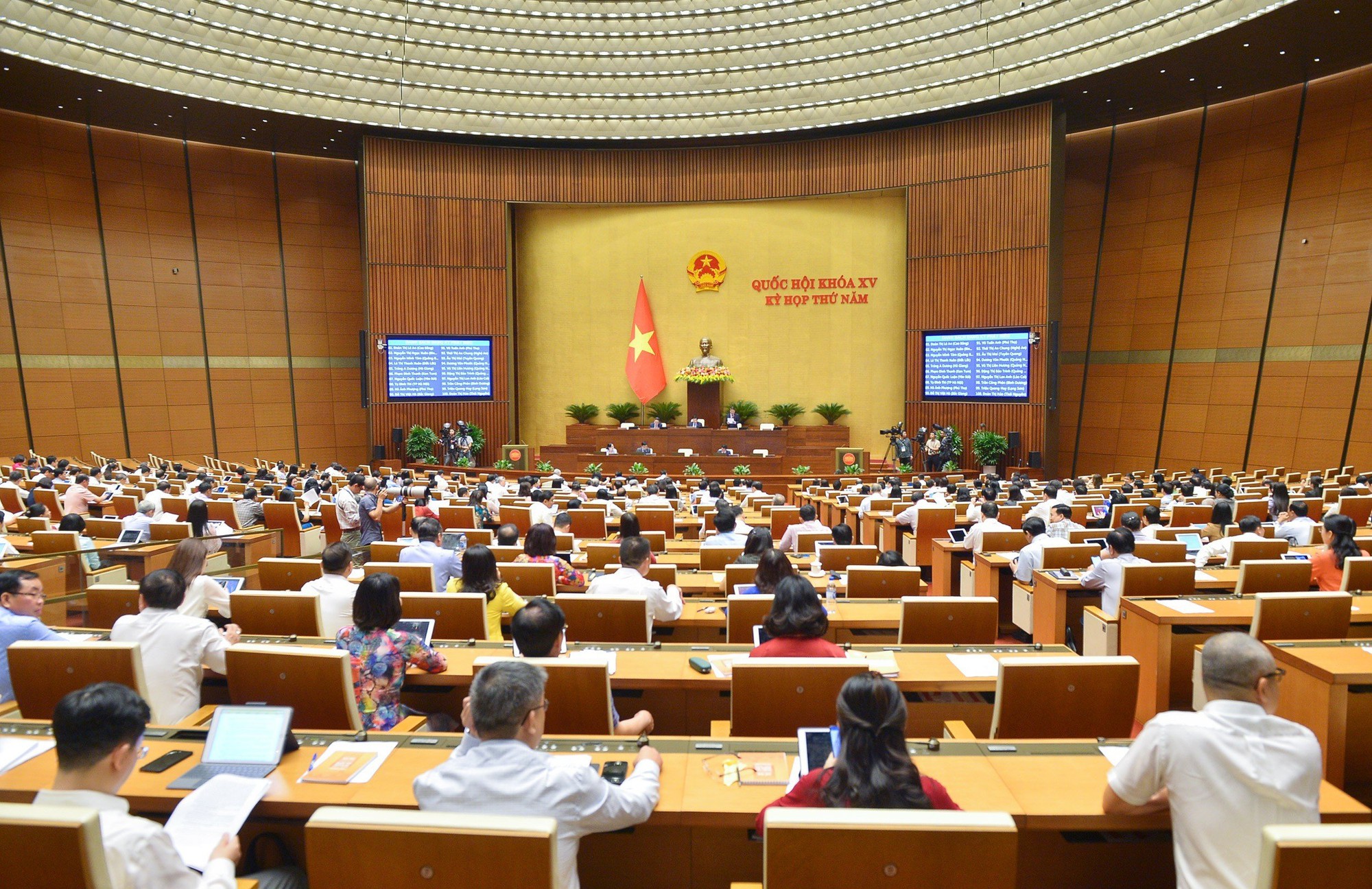
170 delegates have registered to discuss the revised Land Law. The National Assembly will spend all day today, June 21, discussing this draft law.
Giving specific comments, Mr. Khai stated that the draft revised Land Law sets out four principles for land valuation, but he was concerned that these principles were not sufficient to determine such prices in practice.
Mr. Khai analyzed that the basis for determining land prices approaching market prices is still vague. Land prices in 2023 are different but in 2024 they will be different, so it is very difficult to determine them so as not to lose money. On the other hand, determining land prices must harmonize the interests of the State, investors and people.
"If we continue with the safe plan, compensation, support, and resettlement costs will be too large, making it difficult to attract investors to implement the project, contributing to socio-economic development," Mr. Khai said.
From there, Mr. Khai suggested that the drafting agency complete the "land valuation method according to market principles".
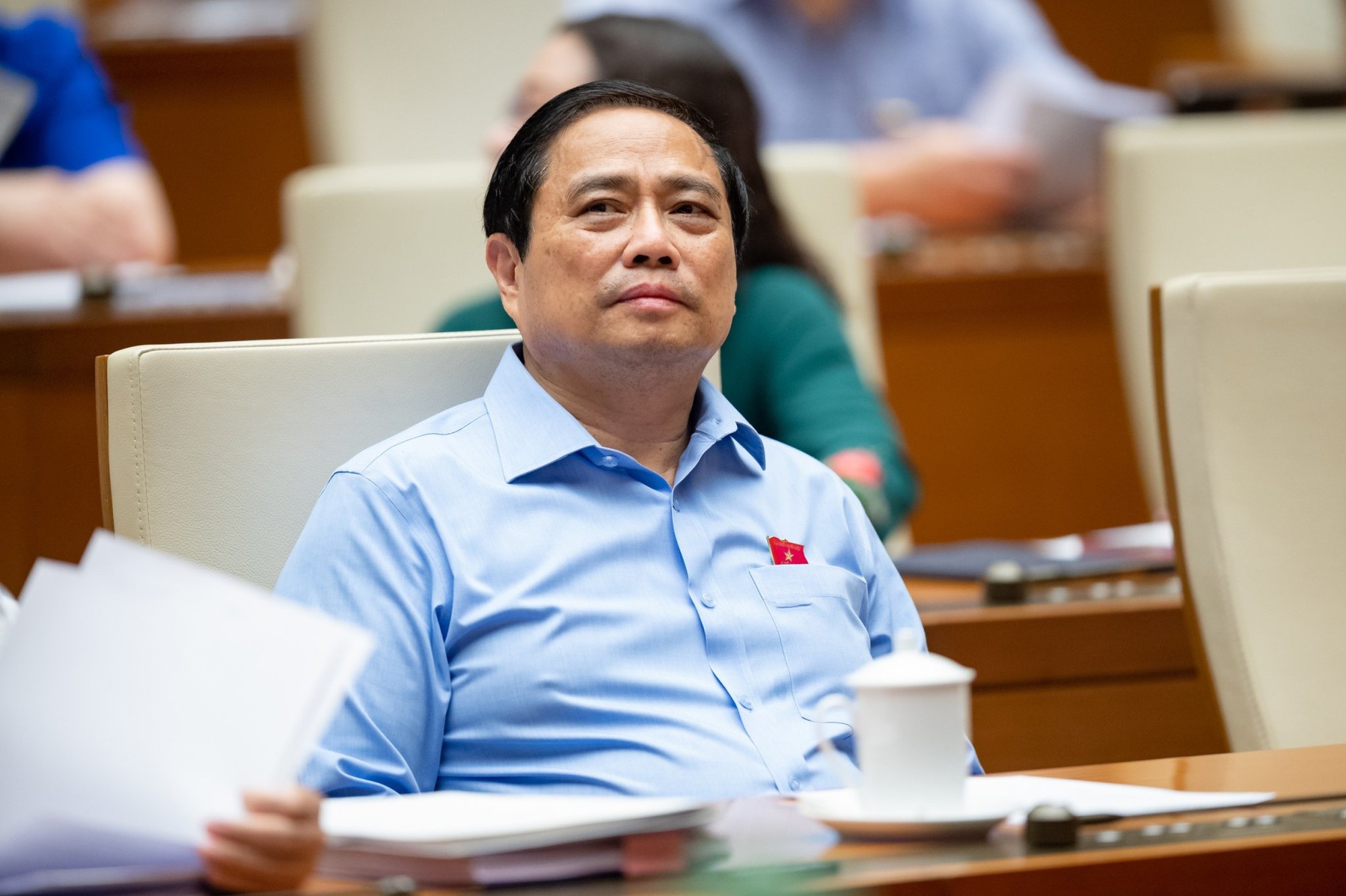
Prime Minister Pham Minh Chinh attends the discussion session of the revised Land Law.
Similarly, with the "input information to determine land prices" according to land valuation methods, Mr. Khai also wondered if the input information sources mentioned in the draft seem very broad but insufficient, do not ensure a valid basis and are complicated when synthesizing to determine land prices.
"I think that to determine land prices close to the market, it is necessary to have reliable market data and a system to collect a database of information on market land prices in a synchronous manner based on specific legal regulations," Mr. Khai said, and suggested continuing to study regulations related to input information to determine land prices.
Regarding land valuation methods, the draft names four land valuation methods and assigns the Government to provide detailed regulations. Mr. Khai said that the more methods the draft stipulates, the more difficult it will be to apply.
"If these 4 methods are applied to determine the price for the same plot of land, there will be 4 different prices. It is possible to build a very simple method for calculating land prices when calculating the value of land use rights, avoiding the situation of having to analyze and choose many methods as is currently the case," Mr. Khai emphasized.
Source link


![[Photo] General Secretary To Lam receives French Ambassador to Vietnam Olivier Brochet](https://vstatic.vietnam.vn/vietnam/resource/IMAGE/2025/4/17/49224f0f12e84b66a73b17eb251f7278)
![[Photo] National Assembly Chairman Tran Thanh Man meets with outstanding workers in the oil and gas industry](https://vstatic.vietnam.vn/vietnam/resource/IMAGE/2025/4/17/1d0de4026b75434ab34279624db7ee4a)
![[Photo] Promoting friendship, solidarity and cooperation between the armies and people of the two countries](https://vstatic.vietnam.vn/vietnam/resource/IMAGE/2025/4/17/0c4d087864f14092aed77252590b6bae)
![[Photo] Nhan Dan Newspaper announces the project "Love Vietnam so much"](https://vstatic.vietnam.vn/vietnam/resource/IMAGE/2025/4/17/362f882012d3432783fc92fab1b3e980)

![[Photo] Closing of the 4th Summit of the Partnership for Green Growth and the Global Goals](https://vstatic.vietnam.vn/vietnam/resource/IMAGE/2025/4/17/c0a0df9852c84e58be0a8b939189c85a)




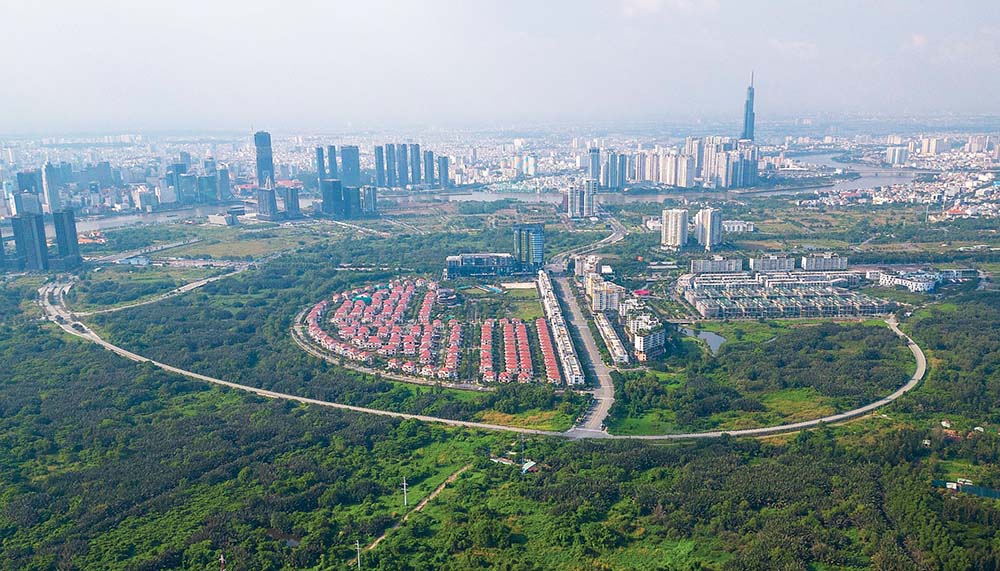


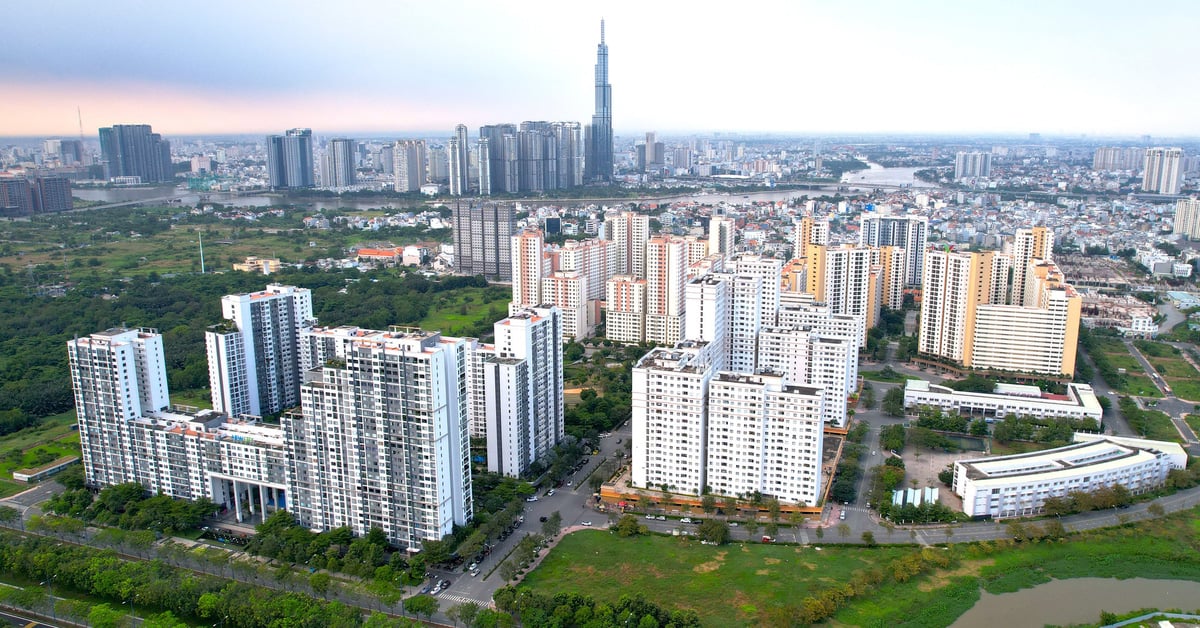

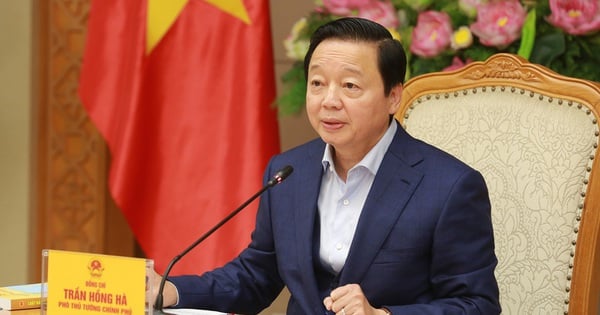

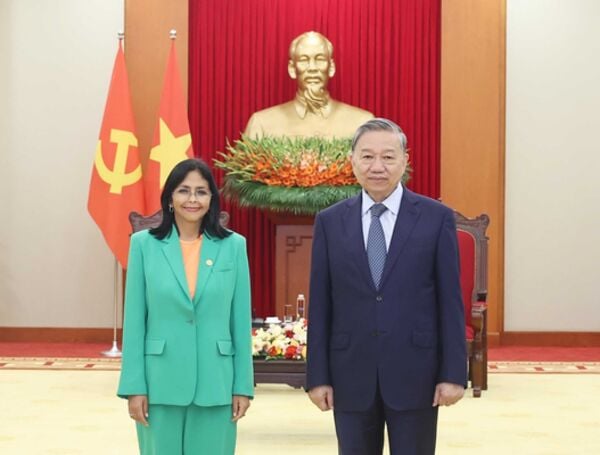


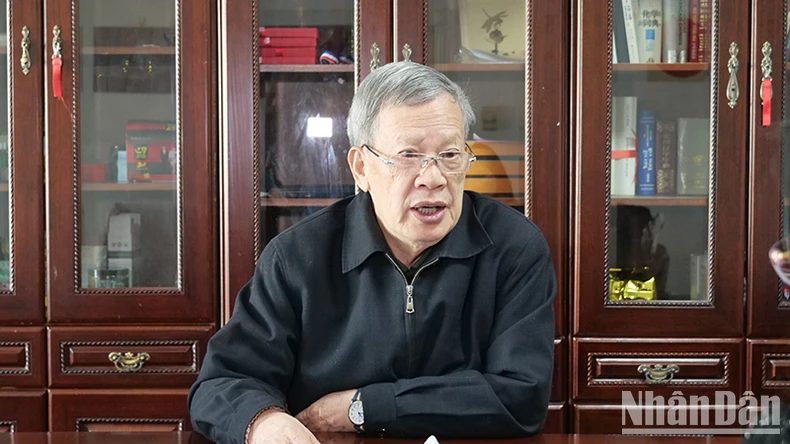

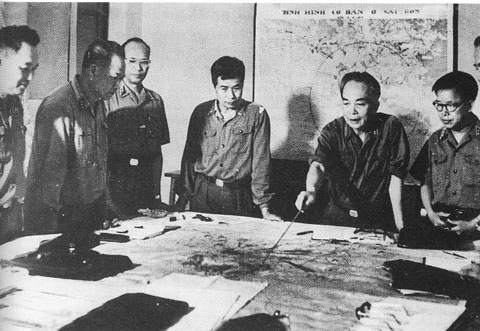










![[Photo] Welcoming ceremony for Chinese Defense Minister and delegation for friendship exchange](https://vstatic.vietnam.vn/vietnam/resource/IMAGE/2025/4/17/fadd533046594e5cacbb28de4c4d5655)

























![[Video] Viettel officially puts into operation the largest submarine optical cable line in Vietnam](https://vstatic.vietnam.vn/vietnam/resource/IMAGE/2025/4/17/f19008c6010c4a538cc422cb791ca0a1)



















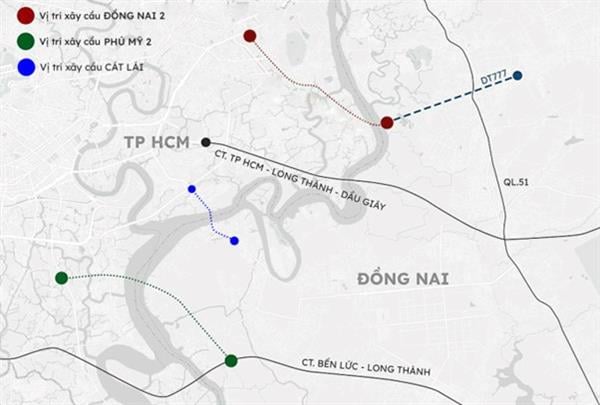


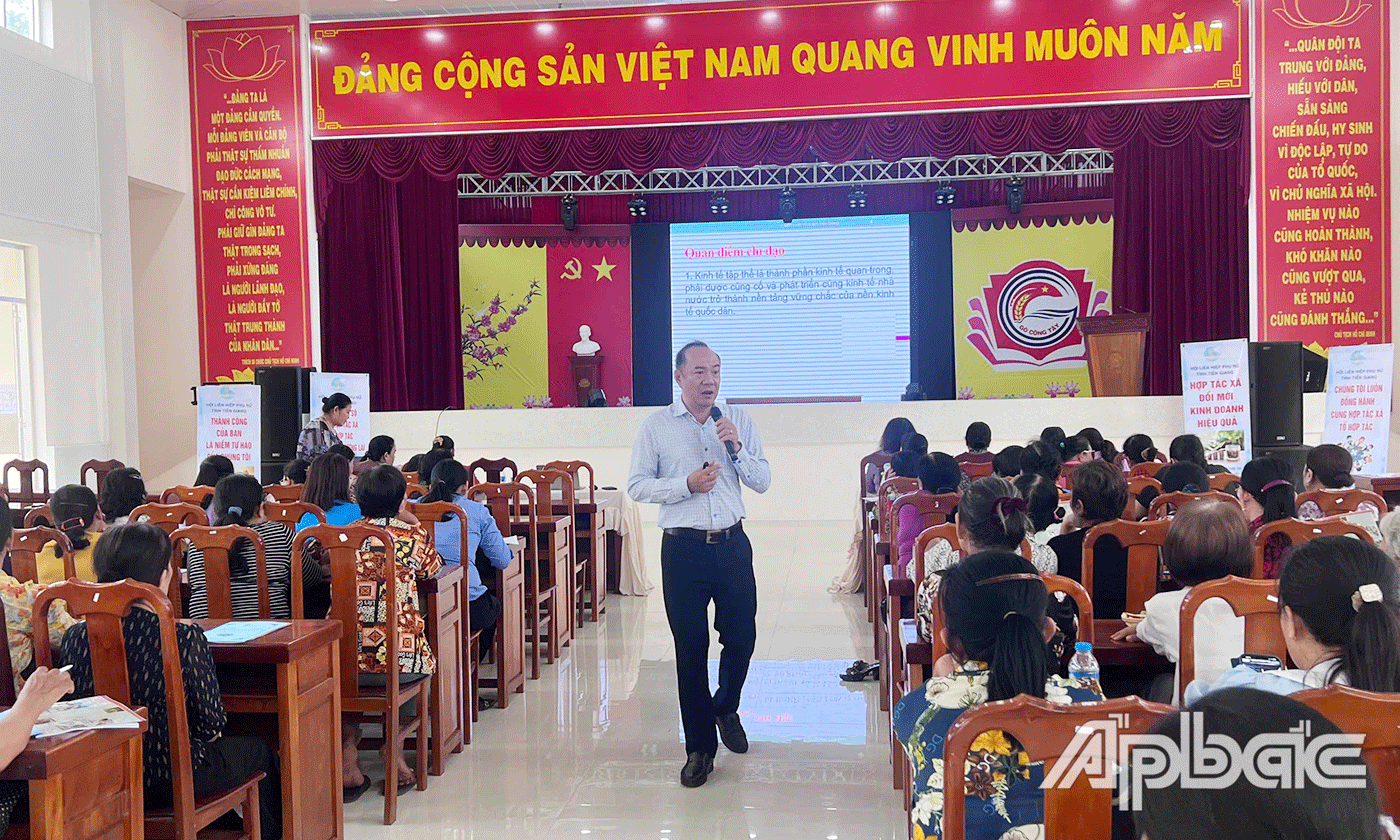

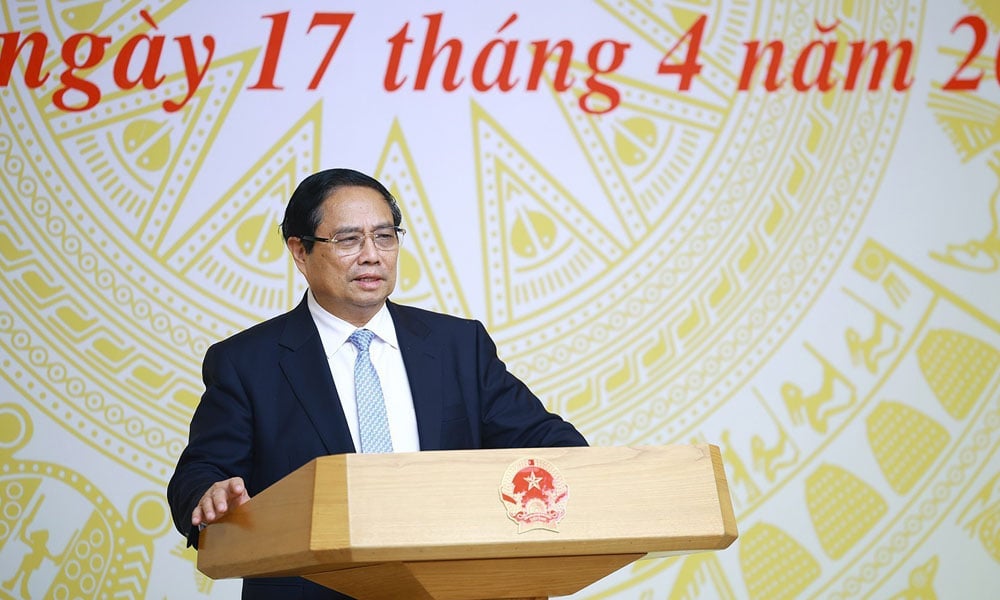

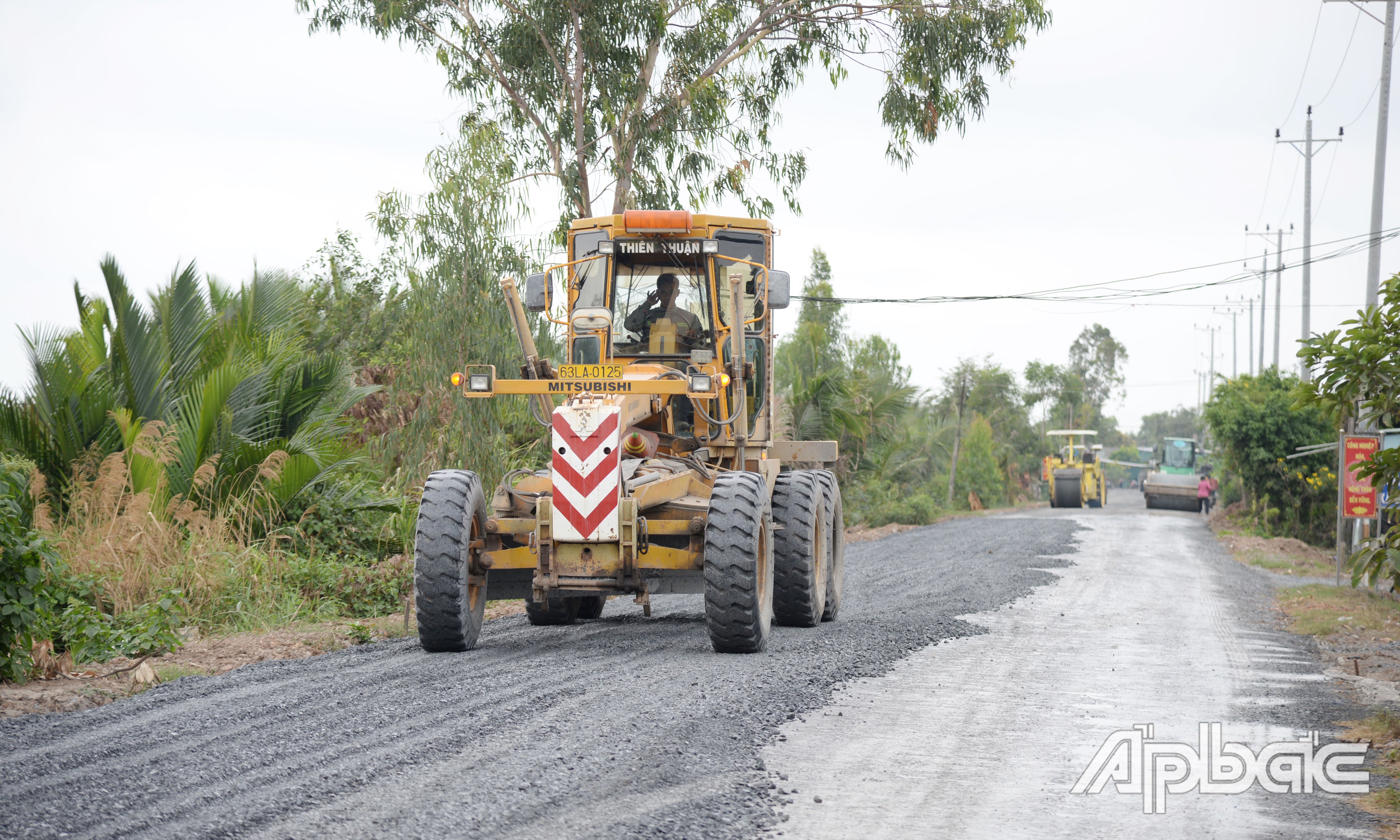











Comment (0)